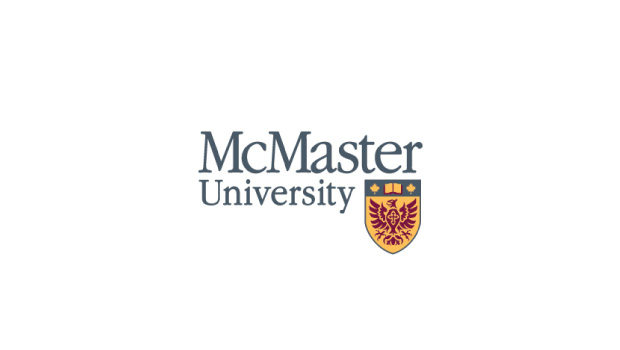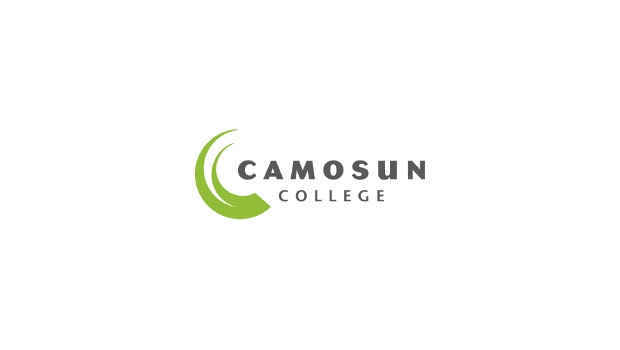
Kids STEM Activity
Students work on an activity together using Zoom with materials from home or a kit picked up at the Library. Volunteers assist & share the fun of engineering!

Sustainability Challenges in the Built Environment
Exploring New Challenges for Engineers Engaging with Sustainability in the Built Environment

Ocean Engineering Seminar
Expert panelists discuss how Canada may increase economic prosperity while meeting the constraints of a global climate change mitigation strategy.
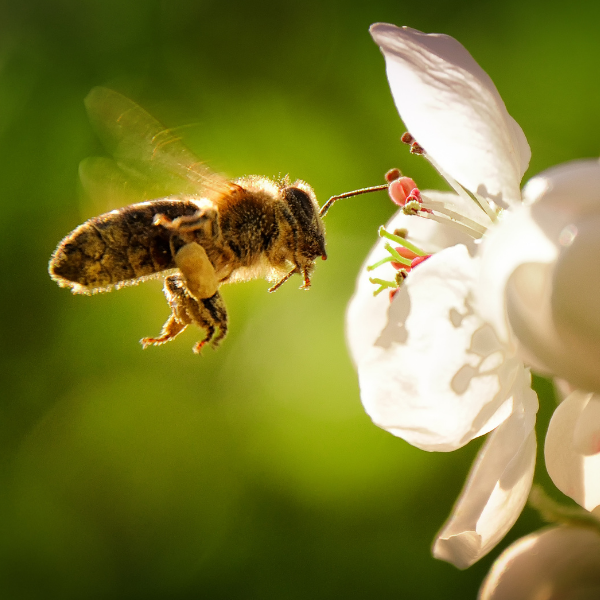
STEM Storytime – Bees
Join Let's Talk Science Outreach at the University of Prince Edward Island to read Suzanne Slade's book, "What If There Were No Bees?" and complete a hands-on science activity about bees!
Using everyday household items, students will complete a bee pollination activity.

Kids STEM Activity
Students will learn about block coding and software engineering in an hour-long workshop using a virtual Microbit. This workshop is suitable for students in Grades 4-8 and no previous coding experience is needed.
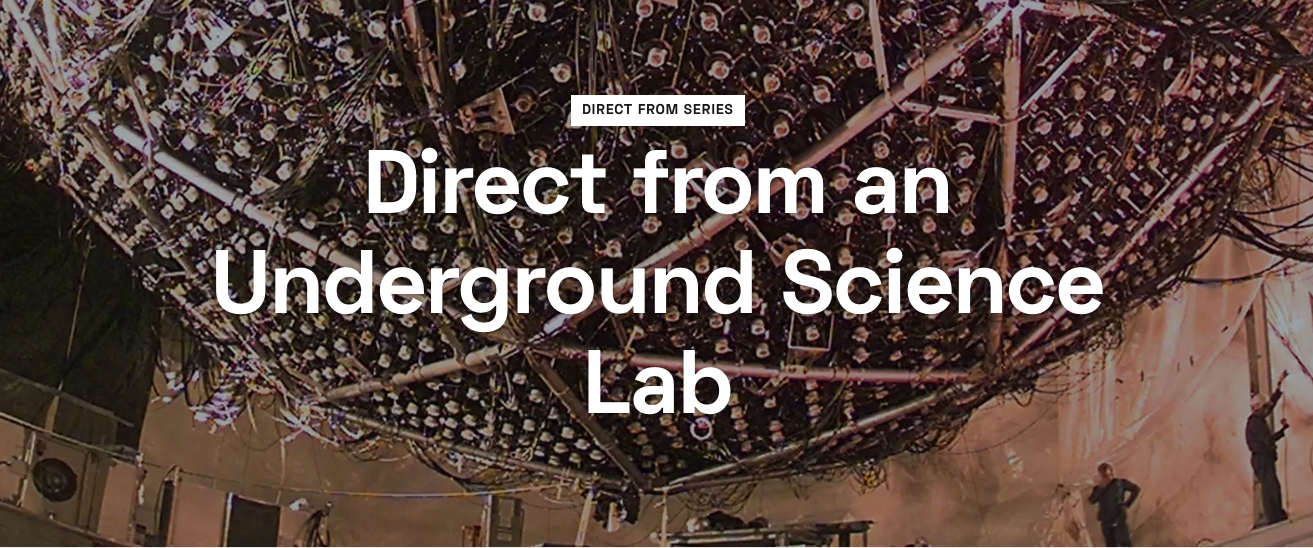
What is astroparticle physics? Why is SNOLAB underground? How did SNO (the Sudbury Neutrino Observatory) win the Nobel Prize? Tune in online for free and travel 2 km underground to the deepest cleanest lab space in the world! Tap into a day in the life of a scientist and discover what it's like doing scientific research at SNOLAB through this live and interactive tour.
SNOLAB is an underground lab in Sudbury Ontario that provides space to study extremely rare physical interactions. Dr. Arthur B. McDonald on behalf of SNO, the first experiment in the facility that eventually became SNOLAB, was the co-recipient (along with Dr. Takaki Kajita on behalf of Super-Kamiokande)of the 2015 Nobel Prize in Physics for the discovery of neutrino oscillations.
What you can expect
Multi-media tour of SNOLAB
Live tour of McDonald Institute Visitor Centre
Interactive Q&A with scientists
Demonstration of Cloud Chamber, a type of Particle Detector that allows the human eye to see the particles around us
Curriculum Connections
Grade 9: Space Exploration, Matter and Chemical Change
Science 20 & 30: Matter, Earth and Space Science, Change and Equilibrium, Energy, Science and Technology
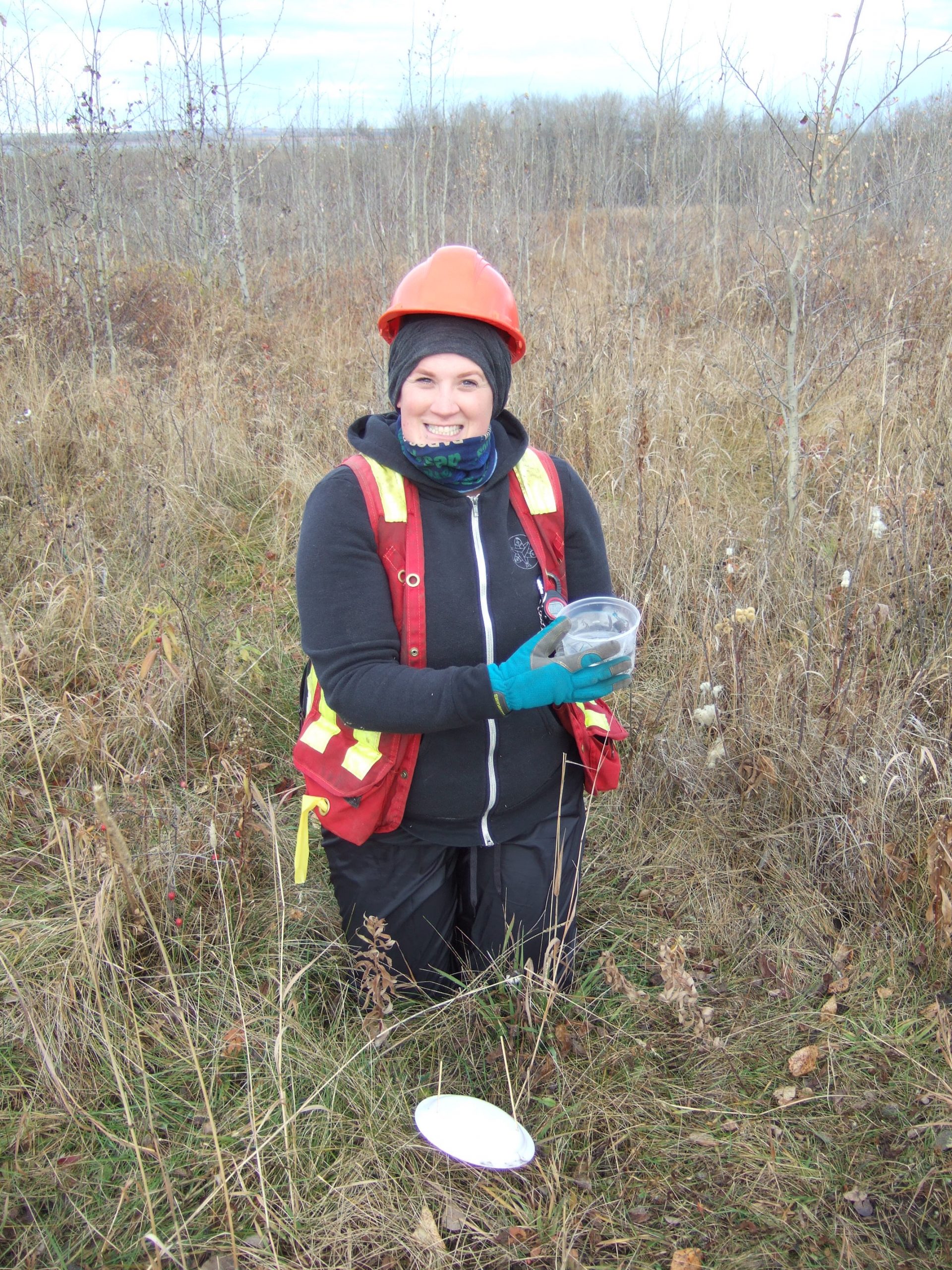
Energy Talks Online – Small But Mite-y: The Role of Soil Invertebrates To Measure Ecosystem Recovery
Our planet as we know it, is changing every single day. Natural resource exploration. Agricultural practices. The growing human footprint. Even natural disasters like forest fires and hurricanes are just a few examples of our environment is being damaged and degraded. We are losing critical habitat types and decreasing global biodiversity. There are two options when dealing with disturbed areas: we can leave it or try and fix it. The only way to fix it is through reclamation. Reclamation is the process of returning the affected area to something similar to what was there before.
When we monitor a damaged area, the current gold standard is to measure the soil and vegetation properties. This two-component approach fails to consider the complexity of an ecosystem, and research has shown that it lacks the sensitivity needed of an effective indicator. Soil invertebrates are the solution. Soil invertebrates include worms, insects, mites. They will allow for more effective and efficient reclamation monitoring. How? They are sensitive to fertilizers, changes in vegetation, and management practices. They are directly linked to ecosystem health, stability, and shorter reclamation timelines.
In my innovative research I am identifying critical soil invertebrate groups in undisturbed and damaged areas actively being reclaimed. My research is not only ground-breaking, but I am breaking literal ground and it will allow me to develop an early detection system. This can be used by various stakeholders to identify problem areas, introduce early course correction, and optimize efforts in damaged areas being reclaimed. We owe it to future generations to take care of our planet, there is no planet B.
Stephanie Ibsen likes to refer to themselves as the scientist that Edmonton built. Stephanie completed their undergraduate at MacEwan University before continuing on to the University of Alberta for graduate school. Stephanie is currently working on their PhD in Land Reclamation and Remediation and loves random fun facts. Like did you know that more than 90 percent of all living animal species are invertebrates? Yet people know so little about them! In addition to soil invertebrates, this talk will teach you all about soil, plants, and the science behind land reclamation. Our planet is being damaged, and this earth doctor is prescribing some creepy crawlers.
This online speaker series is presented in partnership with Future Energy Systems and the Edmonton Public Library. Energy Talks provides an opportunity for you to engage with researchers and learn more about their work. Online registration is required for this meetup. A Zoom link will be sent out a few days beforehand.
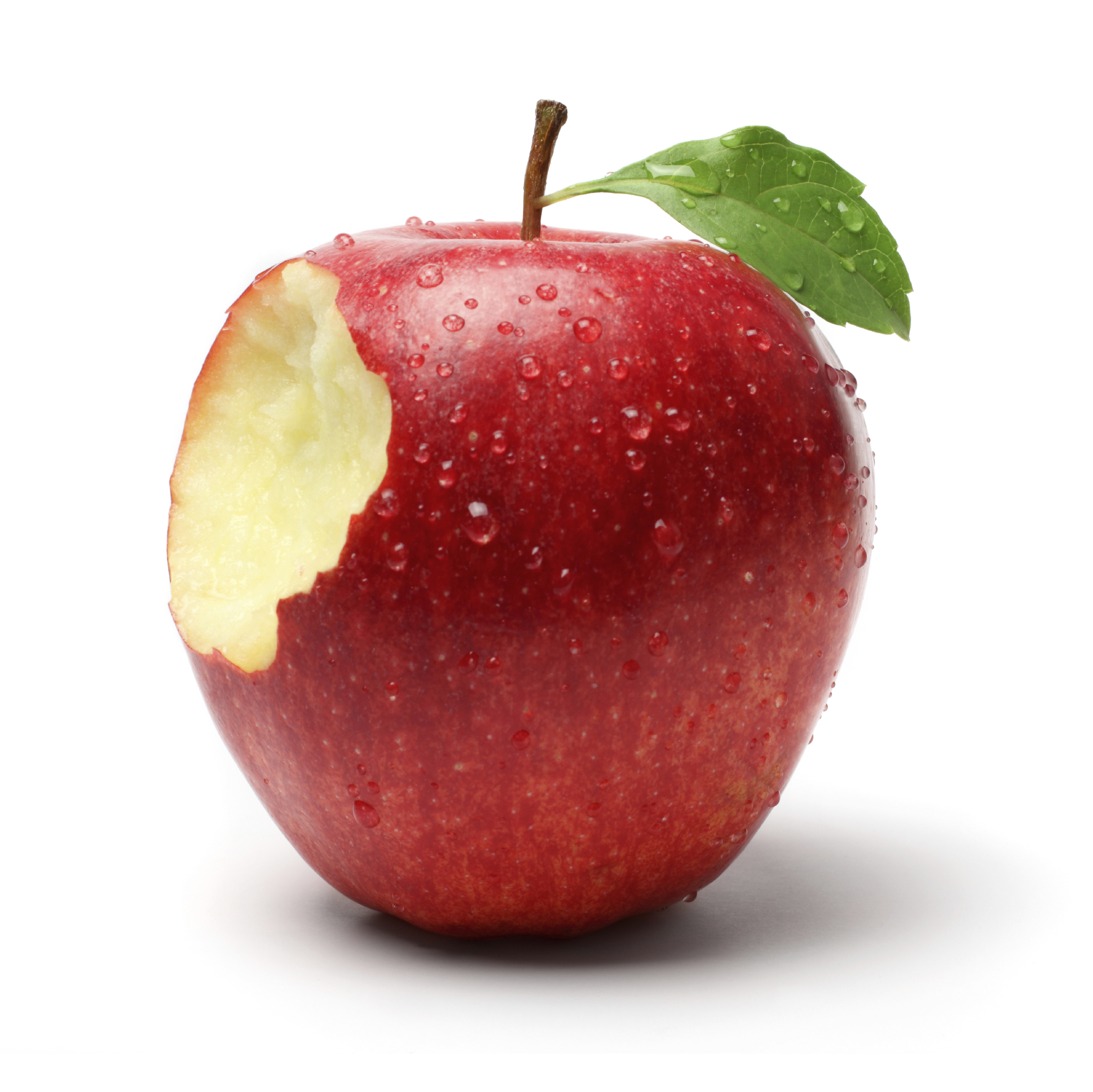
Obesity, cardiometabolic conditions and COVID-19: Addressing a growing health burden
This webinar will alert the audience to the growing health burden of obesity and cardiometabolic conditions in Canada, discuss how the pandemic is contributing to this health problem, and possible ways forward.
Canada continues to face increasingly complex health challenges; with the COVID-19 pandemic adding to the burden of chronic diseases such as heart disease, stroke, cancer, and diabetes.
High levels of obesity put Canadians at higher risk for both COVID-19 and these chronic conditions, with one in three children and two out of three adults considered overweight or obese. At least one-third of middle-aged adults that are overweight or have obesity develop various combinations of type 2 diabetes, hypertension, dyslipidemia, and other cardiometabolic conditions.
With lock downs, physical distancing and self-isolation restrictions, there are risks of physical inactivity and unhealthy eating, as well as possible opportunities following the resolution of the pandemic to shift activity and eating habits, especially among those already at higher health risk.
The COVID-19 pandemic has also exposed and, in many cases, amplified existing health and social inequities in Canada. It has disproportionately affected Canadians with one or more of the major chronic diseases. The pandemic has also highlighted the importance of the interconnections between our public health, social and economic systems. In doing so, it has underscored the importance of a population health lens to support societal resilience and prosperity.
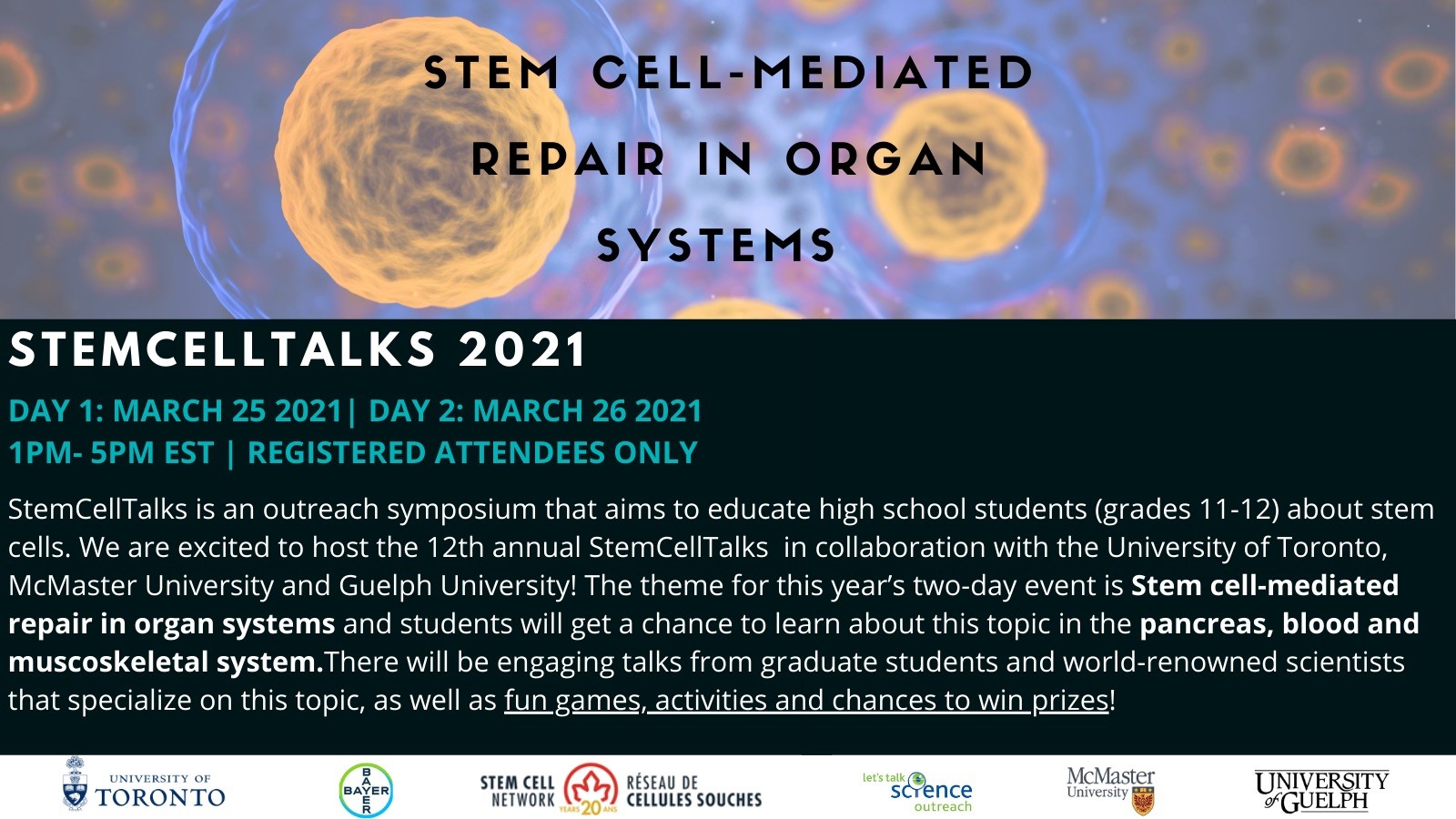
STEM Cell Talks
StemCellTalks is an outreach symposium co-founded by the Stem Cell Network and Let's Talk Science that aims to educate high school students (grades 11-12) about stem cells. This event is brought to you through a collaboration of the University of Toronto, McMaster University and the University of Guelph. The theme for our two-day event is Stem cell-mediated repair in organ systems and students will get a chance to learn about this topic in the pancreas, blood and muscoskeletal system. There will be engaging talks from graduate students and world-renowned scientists that specialize on this topic, as well as fun activities, games and chances to win prizes! More information is available here: https://lts.escalator.utoronto.ca/home/stem-cell-talks/
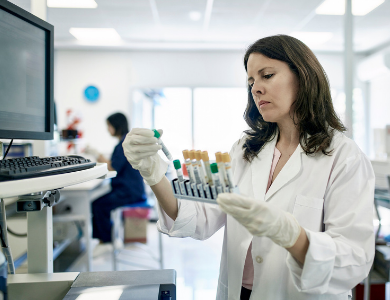
Let’s Talk Immunology
Join us for an exciting virtual symposium about all things immunological! The event will include a career panel from expert researchers, a trivia game show, and a medicine-based challenge with potential prizes to be won!
Come learn about how the immune system fights off infections, how vaccines work, and how your stool could save lives.

Student Design Challenge
Join us to witness which student has built the strongest popsicle stick bridge in the epic Kingston PEO Chapter’s bridge busting competition!

Panel on Engineering Ethics
How far is too far? Discuss the ethical implications of genome editing tools such as CRIPSR/Cas9 in research and clinical practices with a new generation.
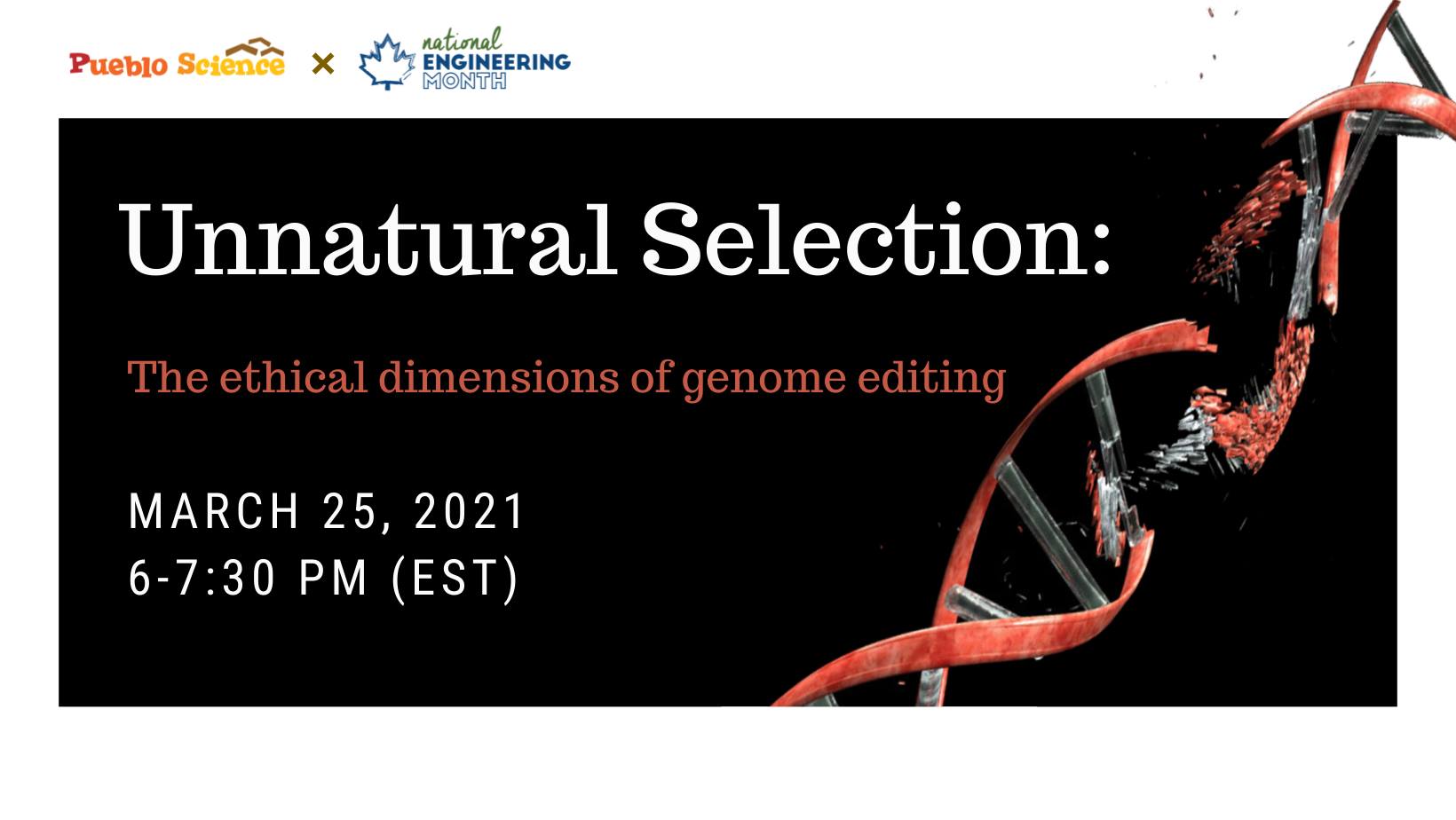
Unnatural Selection: The Ethical Dimensions of Genome Editing
Curious about why the CRISPR baby scandal was so controversial? Interested in learning about genetic enhancement and its impact on society? Join us for a virtual panel talk on March 25th, 2021 from 6-7:30 PM EST to discuss the ethical implications of genome editing tools, like CRISPR/Cas9, in research and clinical practice with experts from the fields of molecular biology, medical anthropology and theology.
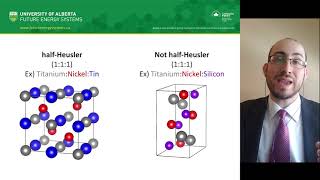
Harvesting Electricity From Waste Heat: A Half-Heusler Story | Energy In A Flash
Did you know that approximately 72% of the energy from primary global sources is lost as waste heat after energy conversion? A particular class of materials that can convert this waste heat into electricity are known as thermoelectric materials. In order to improve our energy efficiency on a global scale, the discovery of new thermoelectric materials is essential. These materials should be applicable in a wide variety of situations. Join chemistry Ph.D. student Alexander Gzyl in his journey to apply machine-learning methods to solve energy-related problems.
Launched at 9am EST, meet Alexander Gzyl, a PhD Student in Dr. Arthur Mar's lab in the Faculty of Science. The research falls under the category: Energy generation, harvesting, and production . You can learn more at https://www.futureenergysystems.ca/research/researcher-directory/660.
Click here for the script so anyone can enjoy Energy In A Flash: https://www.futureenergysystems.ca/public/download/files/174946

Interactive Bridge Building Contest
Quinte jr & intermediate schools test their bridges with local experts. A lively discussion follows about the technical aspects with students, teachers and parents.

Career Seminar
Youth are invited to a virtual seminar focused on STEM topics designed to inspire them to pursue the engineering profession.

Engineering, Technology & Society Discussion
Redefining the role of engineers and our understanding of the relationship between engineering, technology and society to help make the world a better place.

Young Inventors of Scarborough (YIS)
Featuring the winners of the YIS creative projects from grades 3-8 aspiring engineers’ with a discussion including established engineers, students, teachers and members.

Circular Product Challenge
Student teams investigate a product’s end of life. They propose solutions to reduce the environmental impact and improve the design to make it more circular.
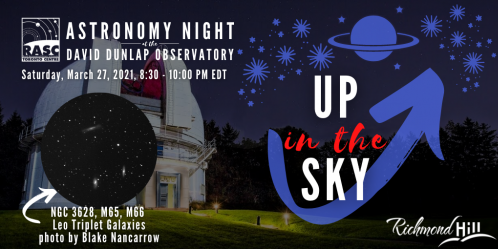
Up in the Sky with RASC-TC at the DDO Online
Join the Royal Astronomical Society of Canada - Toronto Centre, from the comfort of your home, for a virtual star party! Up in the Sky provides an illustrated 90-minute presentation and discussion about what exciting celestial events to look for each season. The events and phenomena will be explained using simple language, with recommendations about how best to observe and photograph them. We’ll also take a virtual tour of the David Dunlap Observatory. Deadline to register for this program is Friday, March 26, 2021 at 3pm. Prior to the start of the program, you will be emailed information on the virtual program links and any specific information relating to your program.

